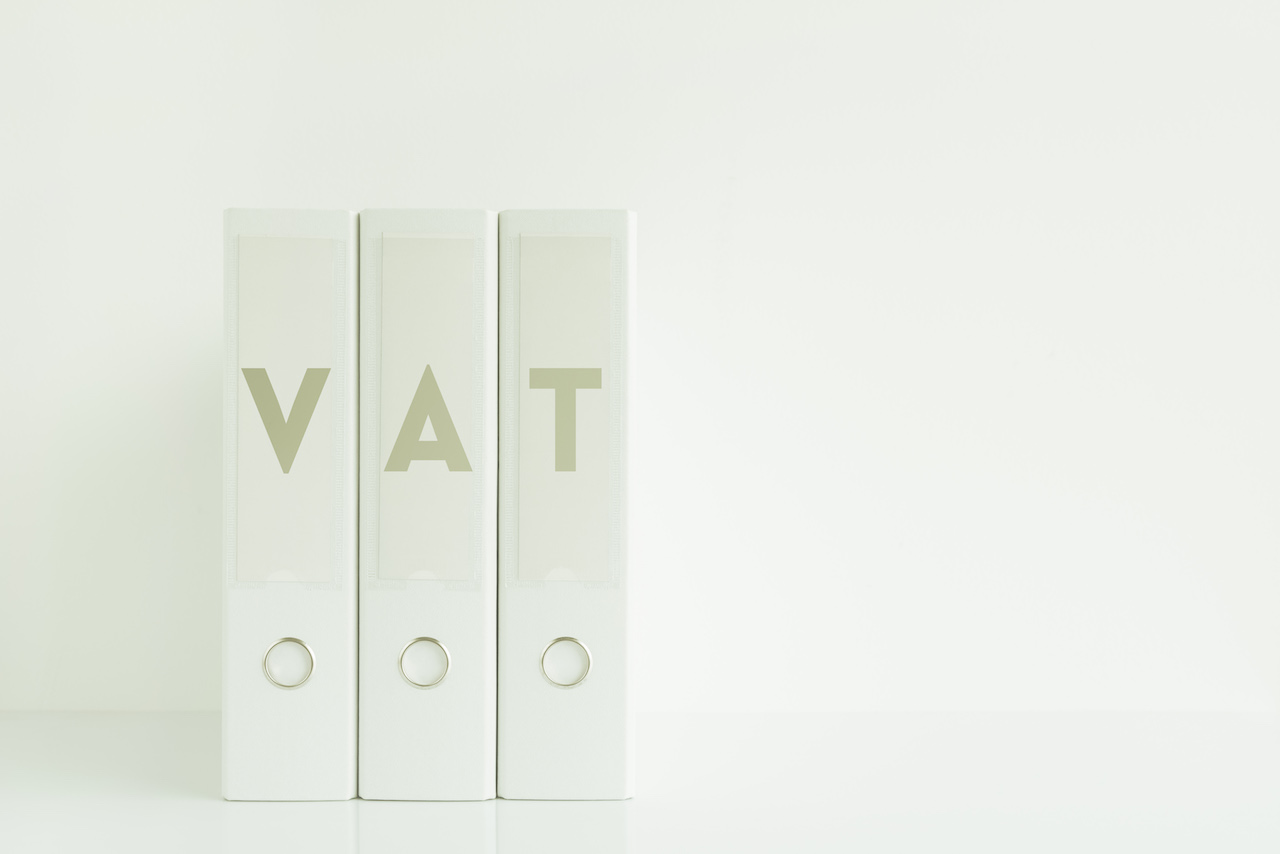Starting a business is hard. There are so many things that need sorting out. If you’re a freelancer or a contractor, you often have to do everything all by yourself. And one thing that many freelancers and contractors worry about is VAT. Do you need to register for VAT? And if so, how do you do it?
This is an essential guide for VAT registration for freelancers and contractors. We’ll take a look at when you should register for VAT, how to register for VAT, voluntary VAT payments, and anyone who’s exempt from VAT.
When Do I Need to Register for VAT? What’s the VAT Threshold?
You need to register for VAT when your VAT taxable turnover exceeds £85,000.
What’s a VAT taxable turnover? It’s the total of everything you sell that’s not exempt from VAT. We’ll take a look at the sort of goods and services that are exempt from VAT below.
Registering for VAT is compulsory if you expect your VAT taxable turnover to exceed £85,000 in the next 30 day period, or if your income as a freelancer or contractor exceeded £85,000 over the last 12 month period.
If you’re just starting out as a freelancer or a contractor, it’s unlikely that you’ve hit that threshold yet. Indeed, depending on the sort of goods or services you offer, you may never reach that threshold.
But if you have reached that threshold, then you need to register. If you leave it too late, you’ll have to pay whatever you owe from the time at which you should have registered. And depending on how much you owe, and how late you left it, you may also get a penalty.

How to Register for VAT
You can register online. You’ll need to provide a number of details, such as your turnover in a given period, your business activity, and your bank details. The day on which you register will then be known as your “effective date of registration”. And once you’ve registered online, you’ll create a VAT online account, through which you can submit all of your future VAT returns.
If you can’t register online, or if you find the whole process a little too complicated, then you can appoint an accountant to do everything on your behalf. It’s also possible to register for VAT by post.
Who is Exempt from Paying VAT?
Certain goods and services are considered “out of scope”. Others are exempt from VAT.
You can find a complete list of exempt items here. Examples include:
- Babywear, children’s clothes, and children’s footwear
- Books, maps, magazines, sheet music, and other publications
- Brochures, leaflets, pamphlets, and other printed materials
- Certain building renovations, including installing accessibility features for disabled people
- Insurance and financial services
- Postal services, including stamps
- Health services, physical education and sports activities
But in some circumstances, you may still have to register for VAT, even if you sell goods or services that are exempt or out of scope. For example, you might buy goods for use in your business from other VAT-registered suppliers. If you spend more than £85,000 on these goods, then you’ll still need to register. Head here for more information.
What If I Only Exceed the VAT Threshold Temporarily?
Say you have a very good month. For one 30 day period, your turnover exceeds £85,000, only to drop below the threshold again the following month. Do you need to register for VAT?
Technically, yes. However, you can apply for a registration exception. Just write to HMRC, and tell them why you believe that your taxable turnover won’t exceed the threshold again in the next 12 months. Be prepared to provide evidence.
If HMRC agrees with your case, you’ll then be exempt from VAT payments. But if they don’t agree with your case, they’ll register you for VAT.
Should I Volunteer to Pay VAT?
Some freelancers and contractors volunteer to pay VAT, even if they’re under the threshold.
Why do they do this? For two reasons. First, it means that once they hit that threshold, everything will already be taken care of. Once you start earning £85,000 a year (or a month), it’s likely you’ll be very busy indeed. Registering for VAT in the early days simply means you’ll have one less thing to worry about as your operations grow.
Second, voluntarily registering for VAT can send a good message to potential clients. It shows that you’re a switched-on professional, a conscientious trader who knows exactly what they’re doing. It could even suggest that you’re confident in your future growth. So in short, volunteering to pay VAT could act as a strong trust signal for potential clients.
So should you volunteer to pay VAT? It’s entirely up to you. You know your affairs better than anyone else, so you should know whether you’re in a position to be able to afford VAT payments on top of your other tax payments.
But if you’re a freelancer or a contractor, one thing you shouldn’t be without is insurance. Insurance will cover you for many undesirable circumstances, including theft, personal injury, business interruption, and professional indemnity. Insurance brings peace of mind that, no matter what happens, you’ll be able to recover and continue trading.
We offer insurance for freelancers from as little as 35p a day. Head here for more information.

